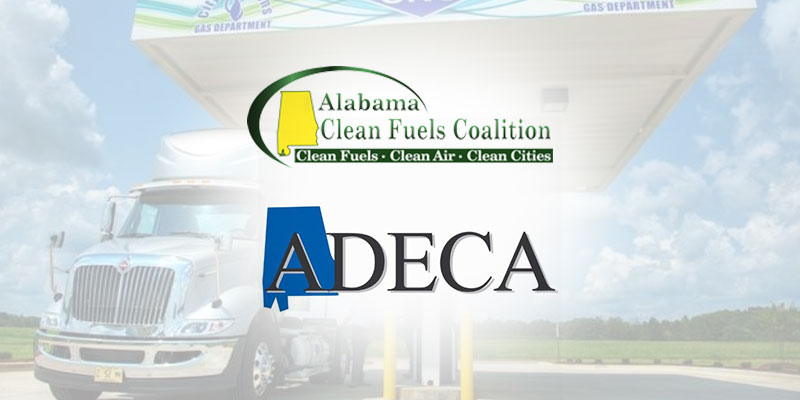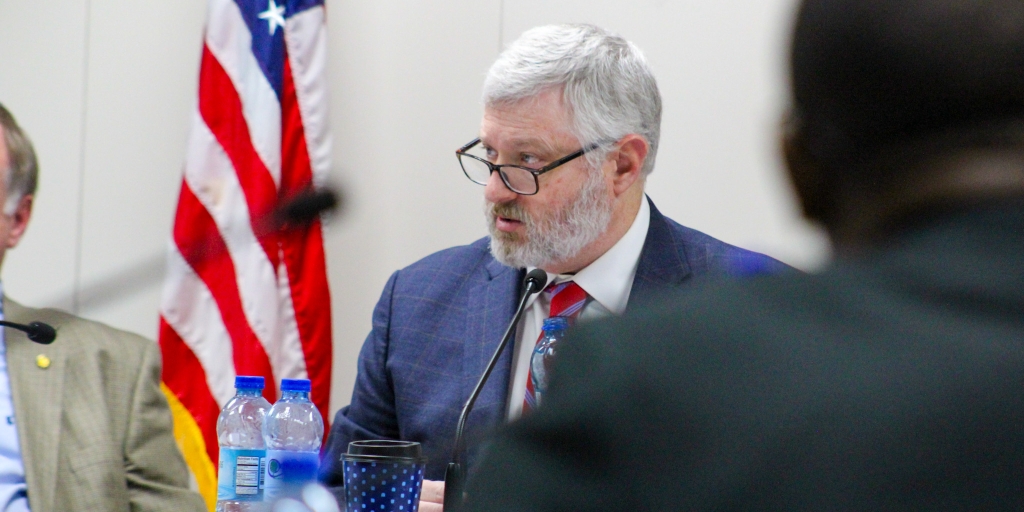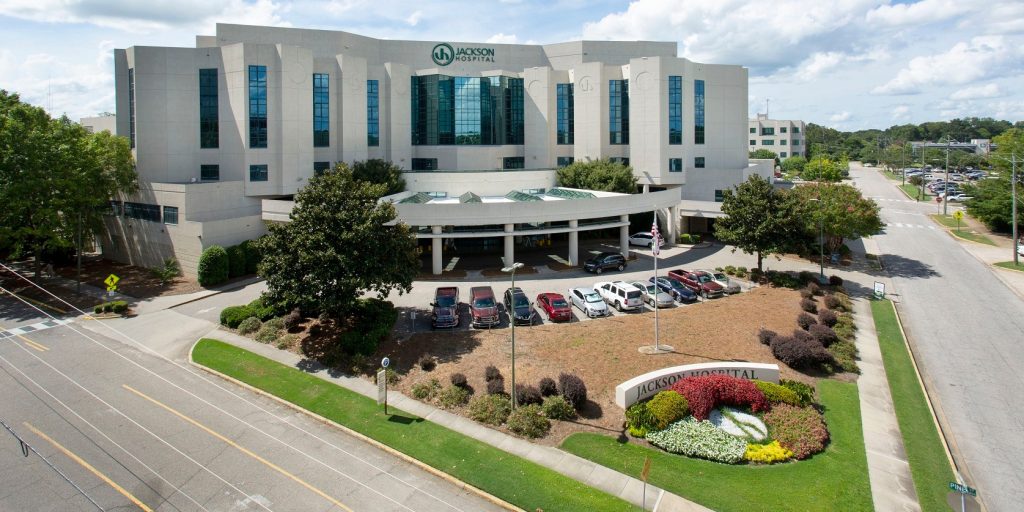Governor Kay Ivey recently awarded about $5.8 million to several Alabama entities from proceeds issued to the state as part of a nationwide settlement against Volkswagen.
The automotive giant was found in violation of the U.S. Clean Air Act in 2016 after installing software in approximately 590,000 vehicles which misled the amount of emissions said vehicles were emitting. As a result, VW agreed to a $2.9 billion settlement, with some of that total allocated to the states.
Alabama was awarded about $25 million in the settlement; the Yellowhammer State’s subtotal will be allocated over a 10-year period.
The Alabama Department of Economic and Community Affairs’ (ADECA) Energy Division initiated the state’s plan and conducted multiple public hearings across the state to explain and obtain comments on that plan.
Ivey then awarded the first round of grants from the program in January, with the second round now coming about 11 months later. ADECA administers the grants for the state.
“Safer and more fuel-efficient vehicles are traveling our highways as a result of this settlement,” Ivey said in a statement. “I commend the Alabama Department of Economic and Community Affairs for developing and executing an equitable plan for distributing these funds.”
According to an ADECA release, the latest grant recipients will use the funds to buy or upgrade pollution-reducing equipment and vehicles. The goal is to reduce nitrogen oxide emissions to offset environmental damage from VW’s actions that led to the settlement. Replacement vehicles and equipment will be powered by electricity, propane or cleaner burning diesel fuel.
“I appreciate the confidence that Gov. Ivey has shown in ADECA through appointing our agency to handle the settlement funds,” ADECA Director Kenneth Boswell stated. “Our Energy Division worked long and hard to come up with a plan that meets the specifications of the settlement and benefits the state. We are pleased to announce this second round of funds.”
Those awarded grants are as follows:
Alabama Forestry Commission (City of Montgomery) – $1.46 million to replace diesel transport trucks.
Alabama State Port Authority (City of Mobile)- $950,000 to repower a locomotive with a cleaner burning engine.
Cottondale Wood Products (Tuscaloosa County) – $152,056 to replace diesel forklifts with ones powered by electricity.
Foley (City of) – Two grants totaling $341,250 to replace several diesel-fueled trucks.
Gulf Distributing Holdings (City of Mobile)- $245,210 to replace several diesel trucks.
Huntsville (City of) – $829,725 to replace several diesel vehicles.
Mobile County Board of Education – $1.82 million to replace diesel buses with propane-fueled buses.
In a separate release, the Alabama Clean Fuels Coalition (ACFC) praised Ivey’s latest round of grants.
“The use of cleaner burning and alternative fuels have so many benefits, from improving air quality to boosting Alabama’s economy to reducing reliance on foreign oil,” Alabama Clean Fuels Coalition Executive Director Mark Bentley said in a statement. “That improves the quality of life for every Alabamian. We’re happy to partner with businesses and government agencies to reach these goals, and we’re pleased Gov. Ivey and ADECA have released this latest round of grants as a holiday gift for all of us.”
The ACFC reportedly worked closely with Cottondale Wood Products on its grant application.
“We are honored and humbled to receive this state grant funding for our company,” commented Hinton Howell, chief operating officer of Cottondale Wood Products. “We couldn’t have done it without the assistance and expertise of the Alabama Clean Fuels Coalition, and we know the new equipment will make our business more efficient while also improving local air quality. We want to do our part to make Tuscaloosa County better for everyone.”
The Mobile County BOE, which oversees the state’s largest school system, began acquiring alternative fuel buses in 2014, and the fleet’s success has inspired school systems in Tuscaloosa and Franklin County to follow their lead. The ACFC said it has long worked with, supported and applauded the Mobile Schools’ pioneering efforts to help create a cleaner Alabama.
“When we began replacing diesel buses with new ones fueled by propane, we saw it as a simple way to improve air quality for the thousands of students who ride to and from school every day,” remarked Pat Mitchell, director of transportation for Mobile County Schools. “It’s also helped our bottom line because we spend less on bus maintenance and fuel costs. We’re so pleased that this latest grant will allow us to continue expanding our propane bus fleet.”
Sean Ross is the editor of Yellowhammer News. You can follow him on Twitter @sean_yhn













